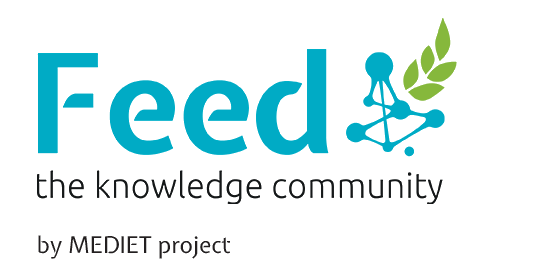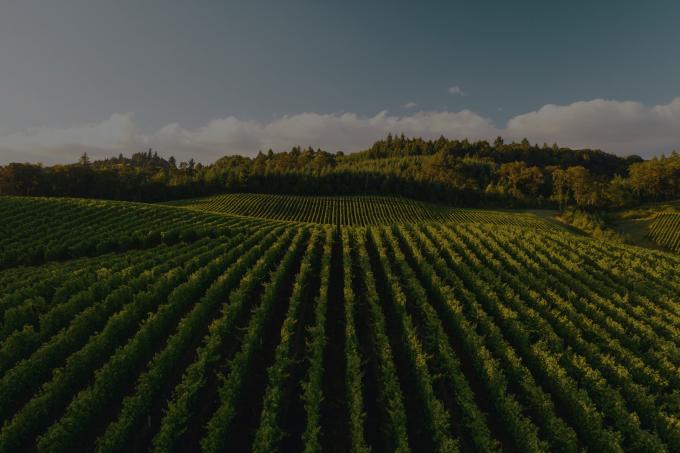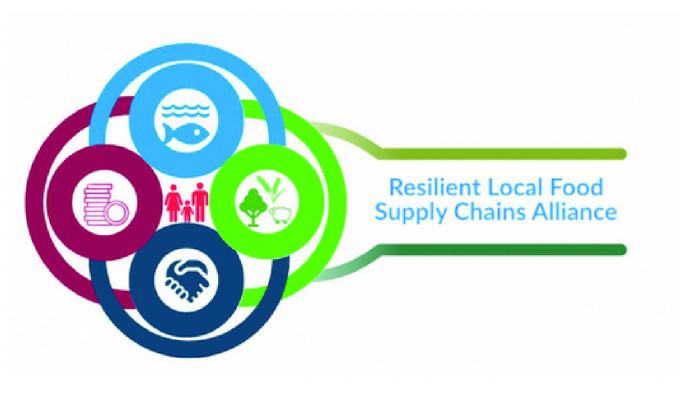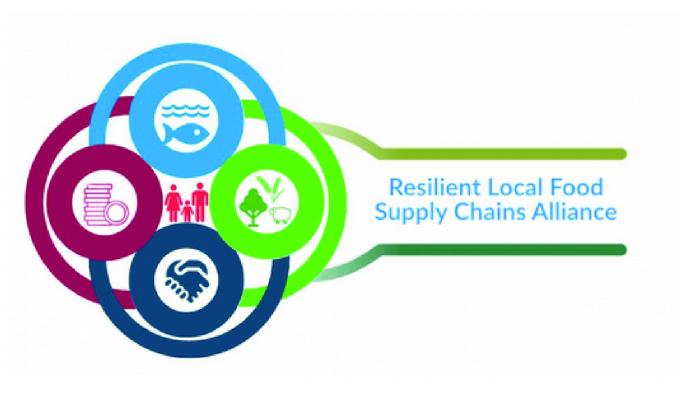Period
1980 - in progress
The Jiddo Swailem Factory, a longstanding producer of sesame-based products, underwent a remarkable transformation with the support from JEDCO. This modernization included the addition of automated production lines and the introduction of new products. Furthermore, the factory's innovative approach to sustainability involves re-purposing sesame peel as nutritious animal feed and reusing grey water for irrigation. The establishment's commitment to both quality and environmental responsibility is reshaping the sesame processing industry.
You must be registered to see all the content
Identification needs
The addition of automated lines, as well as the introduction of new products such as halaweh, tahini, sesame seeds, sesame oil and black sesame seeds.
Stakeholder change
The factory is stepping up to do its part for saving the food system and saving the environment. Sesame peel, a by-product of the manufacturing process, has a protein level of 30 percent, making it a highly-nutritious animal food. The factory aims to reduce waste by re-purposing discarded sesame peel as animal fodder, while the establishment’s grey water is re-used for irrigation.
Change triggered
1- Sesame peel, a by-product of the manufacturing process, has a protein level of 30 percent, making it a highly-nutritious animal food. The factory aims to reduce waste by re-purposing discarded sesame peel as animal fodder
2- The establishment's grey water is re-used for irrigation.
3- New products such as halaweh, tahini, sesame seeds, sesame oil and black sesame seeds are introduced.
Short description
The Jiddo Swailem Factory for sesame products was first established in 1957 in Amman, and moved to a remote area of Al-Azraq, Zarqa, in 1980.
Manufacturing a variety of sesame-based products such as halaweh, tahini, sesame seeds, sesame oil and black sesame seeds, Ahmad Swailem's traditional factory was in desperate need of an upgrade.
JEDCO approved an EU-funded grant to modernize the factory, fitting it with top-of-the-line equipment that would allow the addition of automated lines, as well as the introduction of new products.














